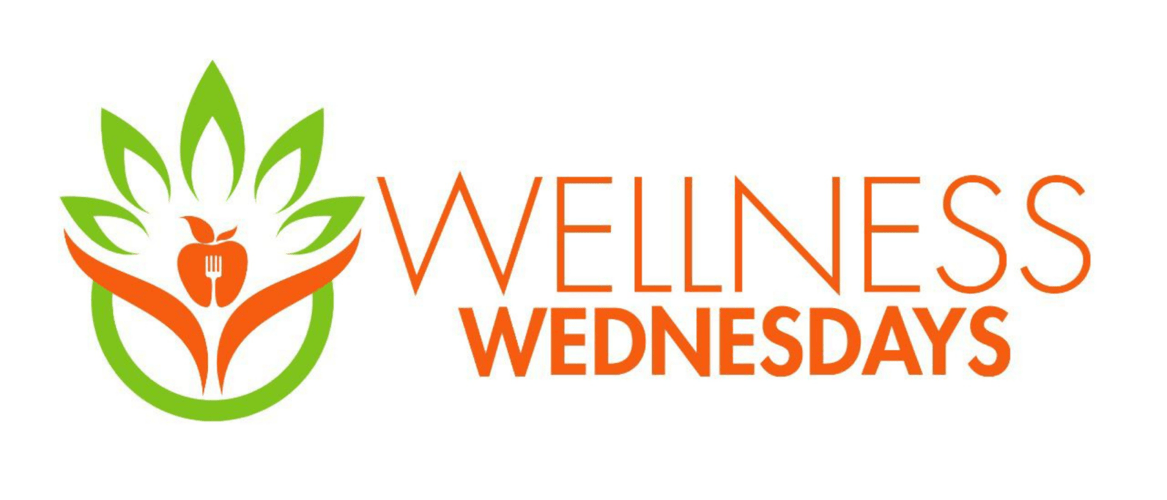Have you ever wondered how to navigate the daily challenges of managing diabetes with a bit more ease and calm? Living with diabetes often feels overwhelming, stress-inducing, and complex. However, mindfulness and meditation can offer respite and support in your journey towards better diabetes management.
What Are Mindfulness and Meditation?
Understanding Mindfulness
Mindfulness is the practice of being fully present in each moment without judgment. It encourages noticing thoughts, emotions, and sensations as they appear, acting as a pause button for the whirlwind of daily life. This conscious presence can transform your relationship with stress, food, exercise, and your healthcare routine.
The Role of Meditation
Meditation refers to a range of practices designed to train attention and awareness. These practices help cultivate a mental state of clarity, emotional calmness, and stability. Different forms of meditation include focused breathing, guided imagery, and even certain types of yoga.
Mainstream Recognition of Health Benefits
Modern medicine increasingly acknowledges the benefits of mindfulness and meditation. These practices have demonstrated positive impacts on physical and emotional health, making them a valuable complement to traditional diabetes care. Leveraging these tools can potentially enhance blood sugar control by reducing the impact of stress, but more on that later.
Benefits Affirmed by Research
Numerous studies have shown that mindfulness and meditation can lower levels of stress hormones, improve sleep quality, and even foster better heart health through improved blood flow, oxygenation, and reduced blood pressure. These benefits contribute to a holistic healthier lifestyle, directly and indirectly supporting diabetes management.

Managing Stress and Blood Sugar Control
Stress is a known antagonist in diabetes management. When you’re stressed, your body releases hormones like cortisol and adrenaline that can increase blood sugar levels. Mindfulness and meditation provide tools for mitigating stress and, as a result, help in stabilizing these hormones.
How Stress Affects Diabetes
Stress impacts both type 1 and type 2 diabetes differently but poses challenges for both. For type 1 diabetes, stress can cause fluctuations in blood glucose levels. For type 2 diabetes, stress may increase insulin resistance, making it harder for your body to process sugar.
Mechanism of Stress Reduction
Mindfulness and meditation activate the body’s relaxation response, counteracting the stress response. Techniques like deep breathing, progressive muscle relaxation, and guided imagery lower stress hormone levels, helping maintain more stable blood sugar levels.
Enhancing Self-Awareness
Greater self-awareness is one of the standout benefits of mindfulness and meditation. This heightened awareness can influence your everyday choices, from what you eat to how consistently you exercise and adhere to your medication routines.
Impact on Food Choices
Mindfulness allows you to perceive hunger and fullness cues accurately, aiding in healthier eating habits. By eating more slowly and savoring each bite, you may find yourself eating less and choosing more nutritious options.
Exercise and Medication Adherence
Being mindful helps you tune into your body’s needs, supporting a more consistent exercise routine. Similarly, when you’re fully present, you’re more likely to remember and follow through with your medication schedule, avoiding lapses that can lead to complications.

Cardiovascular and Overall Health Benefits
Mindfulness and meditation offer significant cardiovascular benefits, crucial for diabetes management. Improved blood circulation, better oxygenation, and lower blood pressure contribute to overall heart health.
Cardiovascular Health and Diabetes
People with diabetes are at a higher risk of heart disease. Stress can exacerbate this risk by increasing blood pressure and cholesterol levels. Mindfulness and meditation offer a natural way to enhance heart health and reduce these risks.
Supporting Evidence
Studies have shown that long-term meditation practitioners often exhibit lower blood pressure and better cardiovascular health markers than non-practitioners. These benefits make mindfulness and meditation valuable additions to a diabetes management plan.
Therapies Incorporating Mindfulness
Several structured mindfulness-based therapies can support diabetes management. Two of the most researched and widely used therapies are Mindfulness-Based Stress Reduction (MBSR) and Mindfulness-Based Cognitive Therapy (MBCT).
| Therapy | Focus | Benefits |
|---|---|---|
| Mindfulness-Based Stress Reduction (MBSR) | Utilizing mindfulness to reduce stress | Reduces stress, anxiety, and depression, improves overall well-being |
| Mindfulness-Based Cognitive Therapy (MBCT) | Combines cognitive therapy with mindfulness | Helps prevent relapses into depression, reduces anxiety, improves emotional regulation |
Mindfulness-Based Stress Reduction (MBSR)
MBSR, developed by Jon Kabat-Zinn, involves an 8-week program that includes mindfulness meditation, body scanning, and gentle yoga. This program aims to reduce stress and improve your quality of life.
Mindfulness-Based Cognitive Therapy (MBCT)
MBCT blends cognitive behavioral techniques with mindfulness strategies. This therapy is beneficial for those who have experienced recurrent depression, a common comorbidity with diabetes, thus offering dual support for emotional and physical health.

Mindful Movement Practices
Physical activity is a cornerstone of diabetes management. Mindful movement practices like yoga and tai chi provide gentle yet effective forms of exercise, blending physical activity with mindfulness.
Yoga
Yoga integrates physical poses, breathing exercises, and meditation. It offers flexibility, strength, and stress relief, making it an excellent addition to your diabetes management plan.
Tai Chi
Tai Chi is a martial art known for its slow, deliberate movements and deep breathing. It enhances balance, reduces stress, and improves cardiovascular health without the strain of high-impact exercise.
Changes in Brain Structure and Function
Emerging research indicates that regular mindfulness and meditation practices can alter brain structure and function. These changes can improve emotional regulation, decision-making, and overall mental resilience.
Brain Structure Changes
Functional MRI scans have shown increased gray matter in brain regions associated with learning, memory, and emotional regulation among long-term meditation practitioners. These changes lend credibility to the tangible benefits of mindfulness and meditation.
Enhanced Emotional Regulation
Improved emotional regulation means better stress management and more consistent blood sugar control. When you’re less reactive and more measured, you can face daily challenges with greater calm and clarity.

Complementing Standard Diabetes Care
While mindfulness and meditation offer numerous benefits, they should not replace standard diabetes care. Instead, these practices should complement medical treatments, lifestyle changes, and healthcare guidance.
Working with Healthcare Providers
Regular check-ins with your healthcare providers ensure that your diabetes management plan is comprehensive and effective. Discuss integrating mindfulness and meditation with your healthcare team to harmonize these practices with your ongoing treatment.
Personalized Approach
Every individual’s experience with diabetes is unique. A personalized approach that integrates mindfulness, meditation, and medical treatments is likely to yield the best outcomes. Tailor your practices to suit your needs and comfort levels, and don’t hesitate to seek support from professionals.
Local Support and Resources
Finally, leveraging local resources can make integrating mindfulness and meditation into your routine easier. Behavioral health providers and wellness practitioners often offer classes, workshops, and one-on-one sessions to guide you.
Finding Local Practitioners
Look for accredited practitioners in mindfulness and meditation in your community. Many clinics and wellness centers offer these services, often as part of broader healthcare packages.
Contact for Inquiries
For more information, you can reach out to Dr. Vincent S. Duenas at vincent.duenas@fhphealth.com. Dr. Duenas can provide guidance, answer questions, and support your integration of mindfulness and meditation into diabetes management.
In conclusion, mindfulness and meditation offer a rich array of benefits for managing diabetes. From stress reduction and improved self-awareness to enhanced cardiovascular health and emotional regulation, these practices can significantly influence your well-being. They are not a substitute for medical care but rather a complementary approach that harmonizes with standard treatments. By integrating these practices into your daily life, you can navigate the complexities of diabetes with greater ease, resilience, and positivity.




